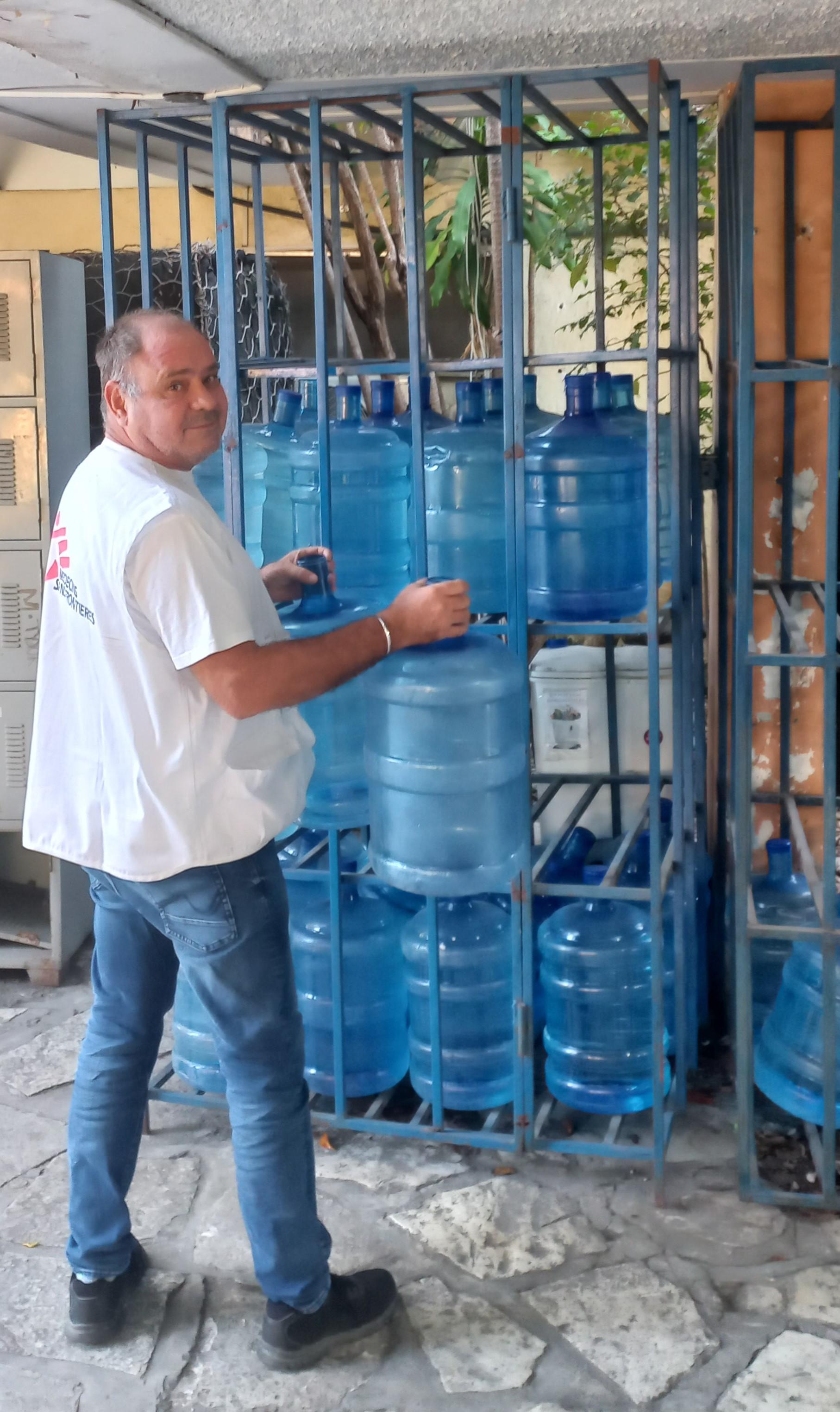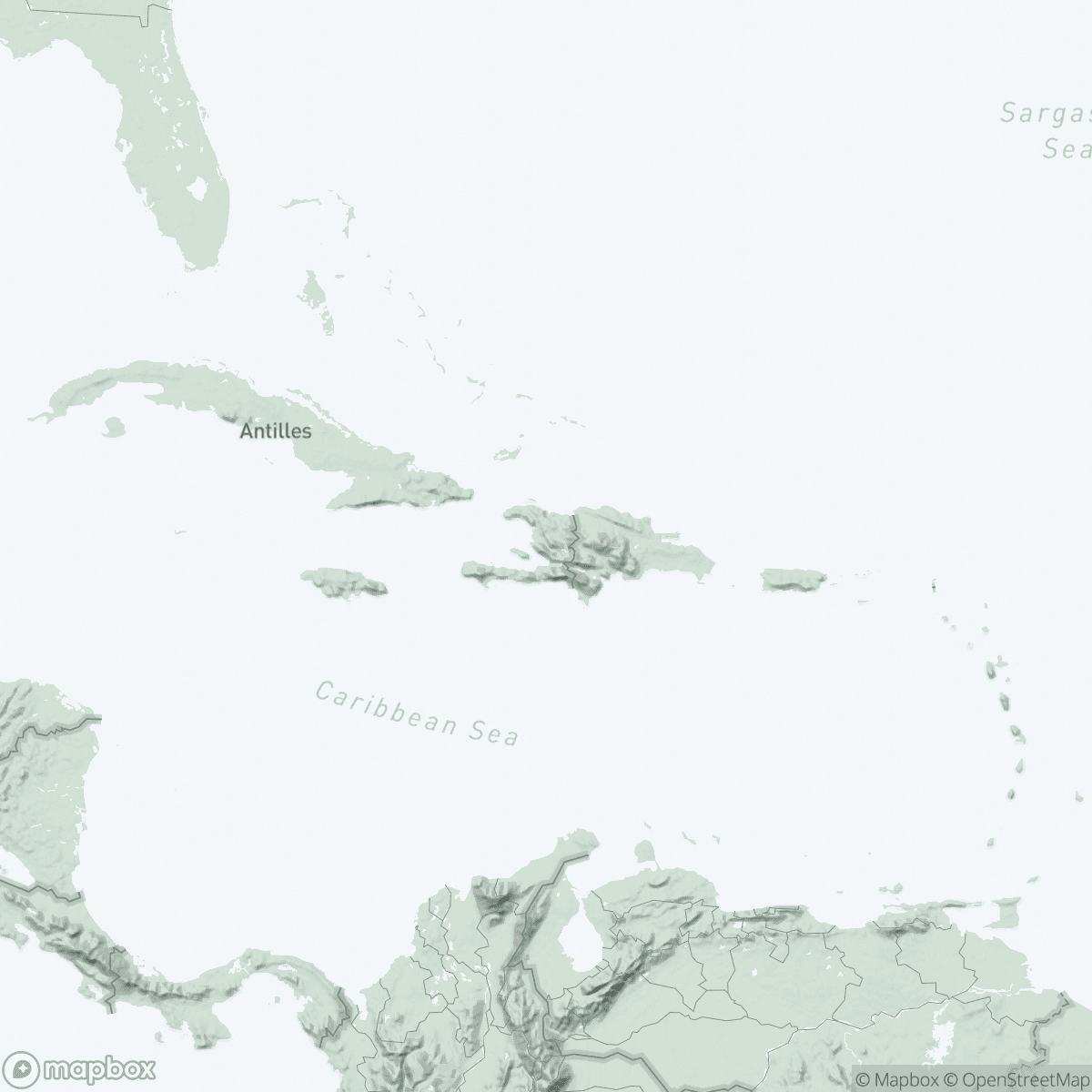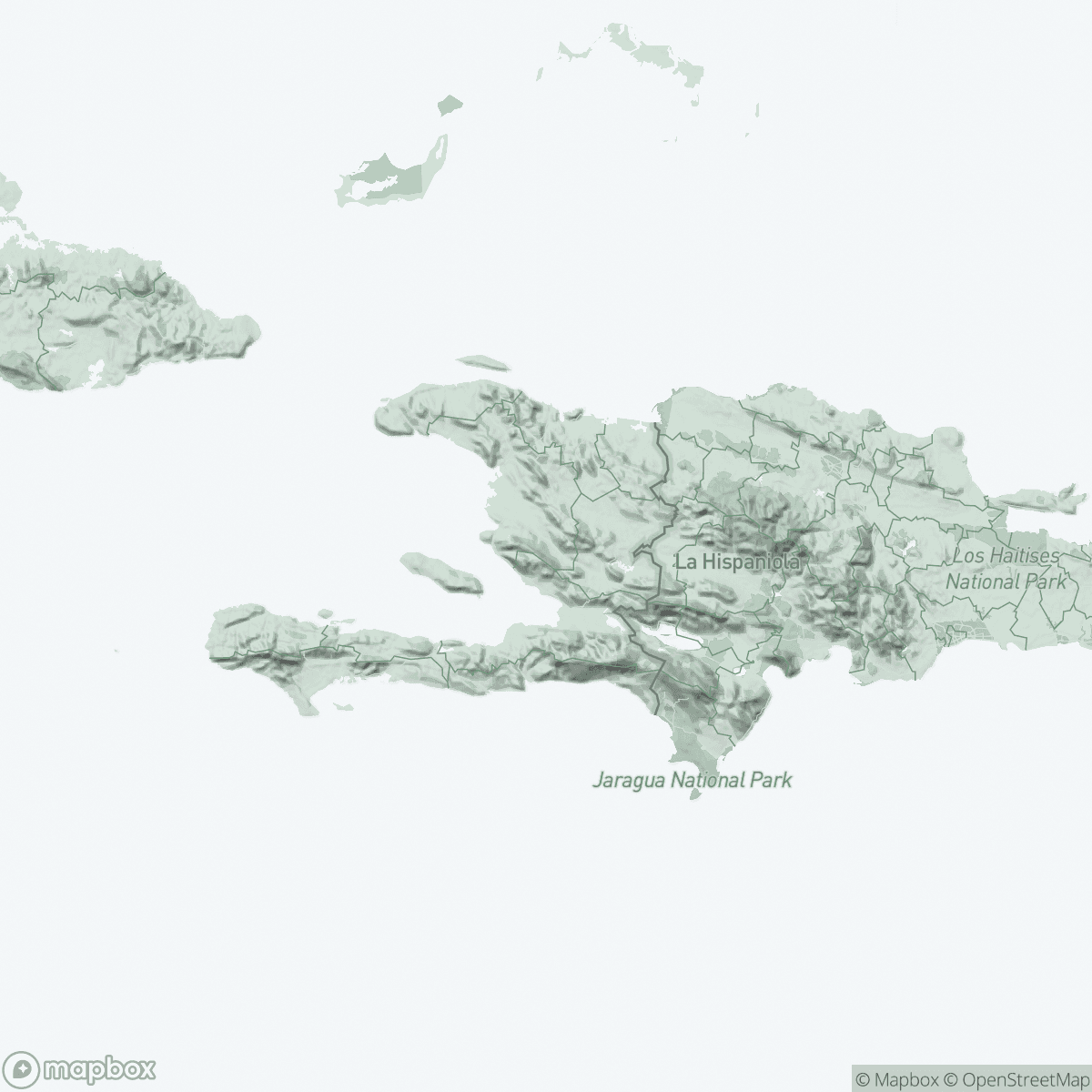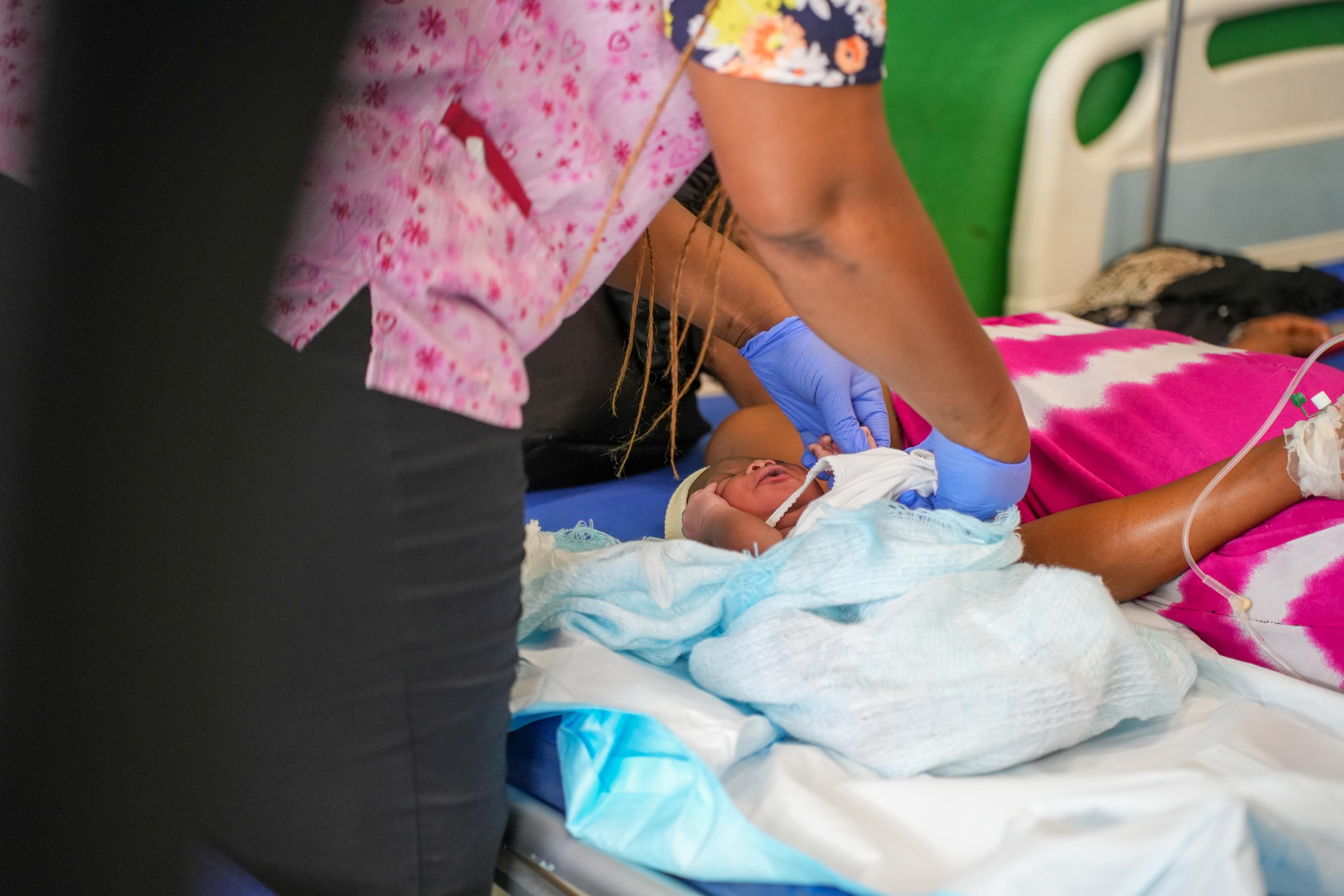"Between Crisis and Reconstruction": Restoring Care and Water Supply to Health Centers in Port-au-Prince
In 1 click, help us spread this information :

Testimony of Roland Couprie, Luxembourg resident on mission in Haiti for Médecins Sans Frontières.
In the heart of Port-au-Prince, resuming healthcare is as much a matter of reconstruction as it is of courage. In a context of growing violence and insecurity, Médecins Sans Frontières (MSF) is committed to reopening vital facilities: from the Isaïe Jeanty maternity hospital, long a pillar of maternal care, to the Carrefour and Turgeau hospitals.
Roland Couprie, a Luxembourg resident and Environmental Health Coordinator on the ground, describes the technical, logistical, and human challenges that mark these rehabilitation missions, as well as the resilience of the staff and local populations.
Rehabilitating Port-au-Prince's flagship maternity hospital amidst the conflict
The Isaïe Jeanty Maternity Hospital in Cité Soleil, long a pillar of maternal care in Haiti, was forced to close in 2024 due to the rise of violence in Port-au-Prince.
Insecurity in the area and threats against medical staff made it impossible to continue operations, depriving many women of safe access to obstetric care.
Starting in November 2024, and in collaboration with the Ministry of Public Health, Médecins Sans Frontières (MSF) teams rehabilitated the facility and are supporting the gradual reopening of services, including prenatal and postnatal consultations, family planning, and obstetric surgery.
An MSF team also provides care for victims of sexual violence.
Roland says:
"At the beginning of 2025, I spent three months in Haiti as a Technical Advisor for the Environmental Health department at MSF. During this period, I coordinated the rehabilitation of the maternity ward's water supply, sanitation, and waste management infrastructure.
While the work involved wasn't particularly complex, the security, logistical, and supply issues—as the country is only accessible by UN helicopters or by boat for freight—made each day a unique and particular challenge.
As an example, after several months spent finding a company that could carry out a drilling to supply the maternity hospital with water, their equipment was unfortunately very outdated and the project had to be abandoned midway through. Six months later, the drilling had still not been completed. We therefore used water delivery by tank trucks, which was very expensive.
During my mission, and despite the difficulties, we managed to reactivate certain activities such as consultations, the pharmacy, uncomplicated deliveries (as the operating room was currently being renovated), and the reception area for victims of sexual violence.
MSF's medical, logistics, construction, and environmental health teams work tirelessly and hard.
We spent three to four hours a day in transit, passing through multiple security checkpoints to reach our destinations. Despite the fear, the heat, and fatigue, everyone remained motivated.
When I think of the people of Port-au-Prince, and especially my Haitian colleagues at MSF, who continue to work despite challenges such as moving from one home to another due to violence, the loss of loved ones, or the risk of kidnapping or stray bullets, we cannot complain."

Objective: Reopening the Carrefour and Turgeau Hospitals
On March 15, 2025, an MSF convoy was the target of an attack on the road linking the Turgeau Emergency Center and the Carrefour Trauma Hospital, near Port-au-Prince, as the fighting and the front line dangerously approched the hospital, daily dumping their batches of stray bullets. Faced with the deteriorating security situation in downtown Port-au-Prince, hospitals had interrupted their activities in March and April 2025.
At these two medical centers, between January and March 2025, MSF teams treated 3,600 people for emergency care and observed a worrying increase in victims of violence, with 750 people treated as a result of violence during this period.
These two facilities, run by MSF, were the only ones in the area providing free care to victims of road accidents, serious falls or domestic accidents, or referring them to appropriate care facilities.As the Environmental Health Department Coordinator, I've been working with MSF on the reopening of these sites since September and through mid-November.
My job is to energize the Environmental Health team (around fifty people) to clean up the abandoned sites, restart water production and treatment, and ensure water supplies. Each hospital produces and treats its own drinking water, which is used for hospital wards, offices, and the accommodation of international MSF staff like myself, and, in the past, for partner health centers.
During my mission, it is also important to empty and clean the entire sanitation system, as well as to reactivate the waste disposal zones (ZADs). The latter must be able to dispose of all medical waste including PTC (sharp, cutting), organic waste and everything that can be burned (dressings, compresses, packaging, infusion bags, etc.). For this, the ZAD are equipped with powerful incinerators that also allow the destruction of part of the equipment and expired medicines.
The work is going well, even though traveling to the sites is a real challenge. So far, after spending five weeks on site, I have only been able to visit the Carrefour hospital once due to safety issues on the journey. The work is therefore being monitored remotely by the staff who have remained on site. Access to Turgeau Hospital is easier, but we are still relatively close to conflict zones, and we have even been subjected to tear gas from a nearby attack."
The sites are scheduled to reopen by the end of 2025.
Update - 15th October, 2025:
Faced with increasing insecurity in downtown Port-au-Prince, MSF has been forced to permanently close its Emergency Center located in Turgeau. This health facility had temporarily closed its doors and ceased operations in March 2025 following a serious incident targeting an MSF convoy.


